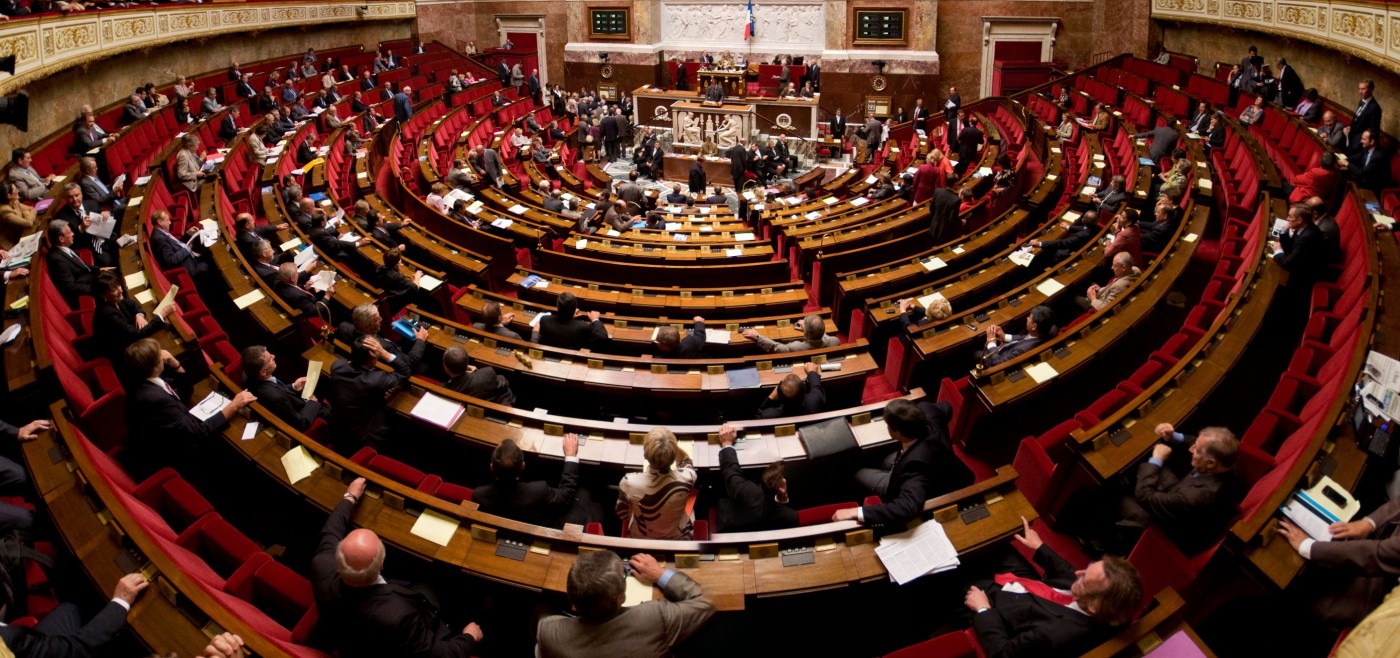French parliament votes to ban fast fashion advertising
On March 14, the French Parliament voted unanimously in favour of a bill that will ban fast fashion advertising and establish ecological penalties for fast fashion producers. If the Senate vote approves the measures, this bill will make France the first country in the world that has legislated to limit the excesses of fast fashion.
The emergence of fast fashion in the past decades has had an undeniably negative impact on the environment – France is one among many countries impacted by this toxic trend. Within a decade, the number of clothes sold annually in France has increased by a billion. Fast fashion encourages a wasteful view of clothing, with clothes often being worn just a few times before they are thrown away to chase the next big fashion trend.
Beyond the environmental impact, fast fashion has changed the economy drastically, putting several French brands out of business or into precarious financial situations (Camaïeu, Pimkie, and Cop.Copine to name a few). It is difficult for French brands to compete with global fast fashion brands like Shein, which offers 900 times more products than a traditional French brand.
Fines would be based on the environmental impact and carbon output of goods: the more harmful the impact, the higher the fine
The textiles sector is responsible for 10% of global greenhouse gas emissions: more than the total from aviation and maritime transport. In addition, it contributes to water pollution through the dying and processing of textiles, not to mention the microplastics shed when synthetic materials are washed. This bill, however, aims to reduce the environmental impact of fast fashion by making it less attractive to potential consumers.
The measures include a ban on advertising for fast fashion brands, an environmental charge on low-cost items, and fines for the companies that produce them. In addition, fast fashion producers will have to inform customers about the environmental impact of their clothes. This will hopefully encourage the producers to think about creating their clothes more sustainably, and will help customers make a more informed decision about their clothing purchases. The environmental charge will be five euros (£4.20) per item from 2025 – a charge which will be doubled by 2030. The fines would be based on the environmental impact and carbon output of goods: the more harmful the impact, the higher the fine.
Public figures are optimistic about the bill’s potential
According to Anne-Cecile Violland, deputy of Horizon, the political party submitting the draft law, proceeds from this charge would subsidise sustainable clothing companies, fund waste management, support public awareness, and grant bonuses for clothing repairs – thereby making the industry more sustainable.
Many public figures are optimistic about the bill’s potential. France’s Minister of Ecological Transition, Christophe Béchu, is a prominent proponent of the bill. He recently wrote a post on X saying “a big step has been taken to reduce the environmental footprint of the textile sector”. Pierre Talamon, head of the Fédération Nationale de l’Habillement (France’s National Clothing Federation), agrees that “brands that engage in commercial marketing and overproduction techniques” should be penalised.
However, there are some differing opinions. Antoine Vermorel-Marques, deputy of the French National Assembly and Republican party member, thinks that “a ban on advertising for textiles… spells the end of fashion”. He has, however, shown support for a five euro charge on fast fashion purchases.
Other initiatives to reduce the carbon footprint of the fashion industry have been implemented recently. The EU Circular Economy Package, adopted in March 2020, promotes the repair of damaged clothes, the circular and local economy, and eco-design. There is also the European Commission’s Climate and Resilience Law, implemented as of July 2021, which makes it mandatory for countries in the EU to display environmental information on clothing. It is always good to have another initiative to help our planet – this new bill should contribute towards the French government’s target to halve greenhouse gas emissions by 2030 (compared against 1990 levels), as long as the Senate gives it the green light.

Comments